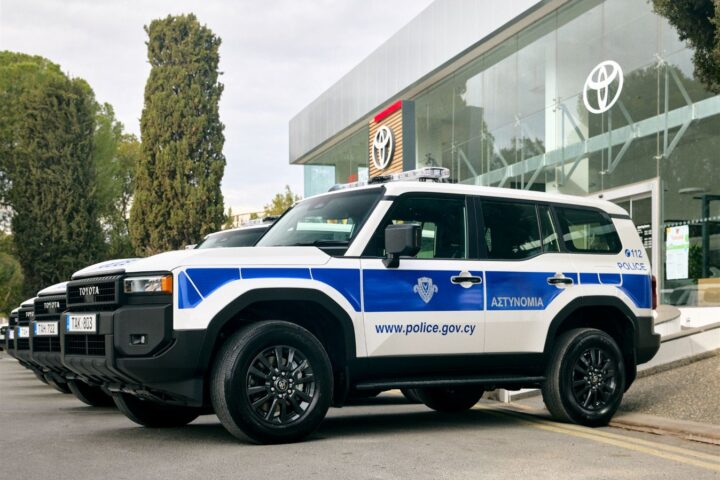 Ecological cleaning pioneer Ecover has launched its first ever bottle made from waste plastic fished out of the ocean. The Ecover Ocean Bottle, which holds Ecover’s washing-up liquid, is made entirely from recycled plastic, with 10 per cent of that plastic coming from the sea.
Ecological cleaning pioneer Ecover has launched its first ever bottle made from waste plastic fished out of the ocean. The Ecover Ocean Bottle, which holds Ecover’s washing-up liquid, is made entirely from recycled plastic, with 10 per cent of that plastic coming from the sea.
The bottle represents an exciting joint initiative between Ecover and some leading innovators in the marine conservation and packaging worlds. Using existing fishing boats kitted out with clever new technology, Waste Free Oceans’ ‘catch of the day’ project enables European fishermen to earn money by collecting between two and eight tonnes of waste plastic per catch for cleaning and recycling.
As part of a trial project, this waste has been sent to Closed Loop Recycling’s plant where it was processed and turned into plastic, which was used by Logoplaste to make the new Ecover bottles.
The company’s ultimate aim is to create the conditions for a systematic clean up of the huge amount of waste plastic in the sea. Not only does the reduction of waste plastic in the ocean make for healthier, happier fish and sea mammals, it also has a direct impact on us humans as it would ultimately reduce the levels of microplastics in food, drink and other products, meaning we would eat more fish, and less plastic.
The development of this bottle follows Ecover’s 2013 pledge that it would use new types of recycled plastic in its packaging, which it says will set an example for other manufacturers to follow. This year, Ecover will be using one tonne of ocean plastic, which it aims to increase to three tonnes next year.
“The scale of the ocean plastic problem is enormous – around 46,000 pieces of plastic are swirling around every square mile of ocean, and every year at least a million sea birds and 100,000 sharks, turtles, dolphins and whales die from eating plastic. There is no choice – we simply have to aim to clean up ocean plastic for good,” said Philip Malmberg, CEO of Ecover.
“Our ocean plastic bottle is just one small step on the way to solving the problem, but you’ve got to start somewhere – what we need now is to create a wider network of fishermen, recycling facilities and manufacturers to really make this happen. We also have to exploit existing supply chains and make it as easy as possible for manufacturers to use ocean plastic. At the moment the will is there but it’s just too much effort for many manufacturers to make it work.”
According to Malmberg, if the infrastructure existed for global manufacturers to start using recycled ocean plastic, the impact could be huge for the environment, marine life and for fishermen who could take advantage of this additional revenue stream.
Tom Domen, Ecover’s Long Term Innovation Manager believes this bottle should help to trigger Governments and other authorities to look at the ocean plastic problem and help with the solution.
“We need to rethink recycling and get serious about creating a real circular economy,” Domen said. “We have to clean up the plastic in the oceans and stop any more from getting in there in the first place. Everyone, from Governments to the fishing industry to supermarket shoppers, has a role to play in making this happen.”
For more info visit www.ecover.com







